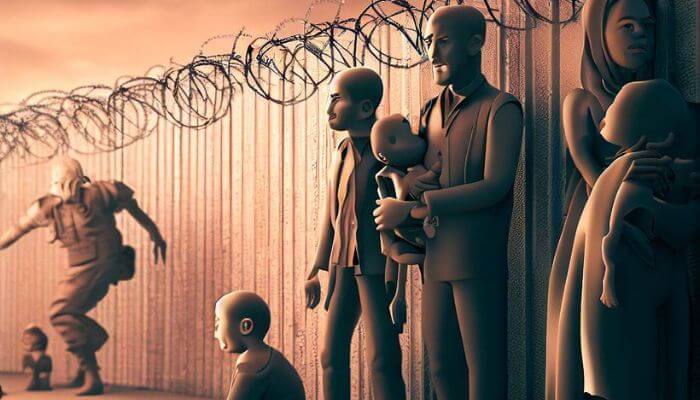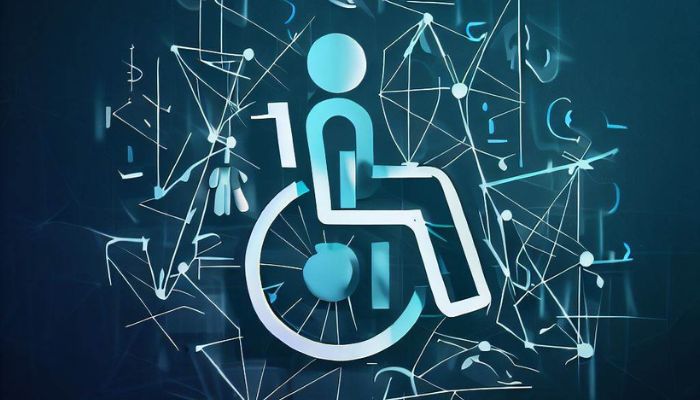The Department of Homeland Security’s new asylum policy might offer ethical and legal challenges. Those who apply for asylum in the US must now provide proof that they are now being persecuted or face persecution as a result of their race, religion, nationality, membership in a particular social group, or political beliefs. The new law would make it more challenging for those who didn’t lawfully enter the nation or ask for asylum at a point of entry to get it.
If a person was granted permission to enter the nation in order to apply for parole, arrived at a port of entry on time and as scheduled, or was rejected for asylum or other reasons, the legislation would allow them to request asylum. Unfortunately, the regulation makes the unavoidable assumption that these other routes will persist and the programs would remain accessible, which may not be the case.
Only select persons are eligible for the parole programs, but they have contributed to a decrease in Border Patrol interactions. Advocates for human rights contend that receiving protection from persecutors shouldn’t be contingent on having a US sponsor or scheduling an appointment through a government app.
Another option for requesting asylum is via the CBP One App, a mobile tool created by the U.S. Customs and Border Protection (CBP) department to speed up the processing of incoming travellers at a few U.S. airports. The program enables qualified travellers to electronically submit their passport applications and customs declaration forms using smartphones or other mobile devices, saving time and shortening line waits.
Moreover, the CBP One App provides features including showing wait times at CBP checkpoints, offering details on airport services, and responding to commonly asked inquiries. Yet, there are accessibility problems including poor internet, linguistic difficulties, and the need for a mobile phone. The proposed rule is available for 30 days of public comment and will be in force for 24 months after the publication of the final rule. Yet, the regulation could not have the desired impact on reducing unlawful entrance and may result in fewer persons receiving humanitarian protection.




